
Read offline
Recommendation
Author Daniel Goleman applies the rules of "emotional intelligence" to the workplace. Being intelligent counts in the world of business, but the interpersonal smarts referred to as "emotional competencies" count even more. Goleman, who wrote the seminal book Emotional Intelligence, underscores his conclusion with numerous studies and anecdotes, showing that those who have "people skills" are likelier to succeed. Skills that help teams collaborate are increasingly important as coalition building emerges as the model for getting things done. Goleman includes thorough guidelines for implementing effective "EQ" training programs. Companies that train managers in "emotional competencies" reap concrete business benefits: increased sales, more seamless teamwork, and constant improvement based on analysis and feedback. getAbstract highly recommends this well-written book on how understanding feelings adds to your bottom line.
Summary
About the Author
Daniel Goleman received his Ph.D. from Harvard and is Co-Director of the Consortium for Research on Emotional Intelligence in Organizations at Rutgers University. He is the author of many books, including the groundbreaking Emotional Intelligence.








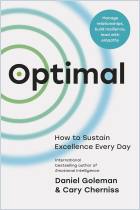
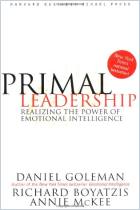


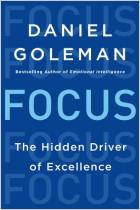

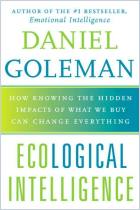
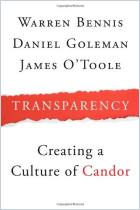
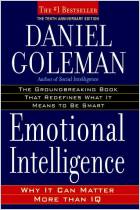

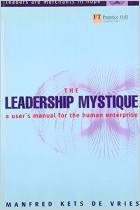
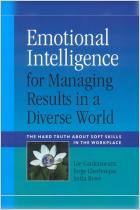

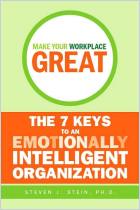
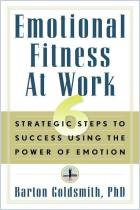




Comment on this summary or Start Discussion
Thank you for your comment regarding downloading this summary. Please be advised, I have sent you an email to your personal email address regarding downloading the summary.
Thank you,
Your getAbstract Team
Renee
Pepperdine University turned me on to the work in September 2011. Once it arrived I read it from cover to cover without stopping. I found the case studies and related leadership dilemmas relevant to the semiotic domains of U.S. corporations and our government in modern times.
PHuff